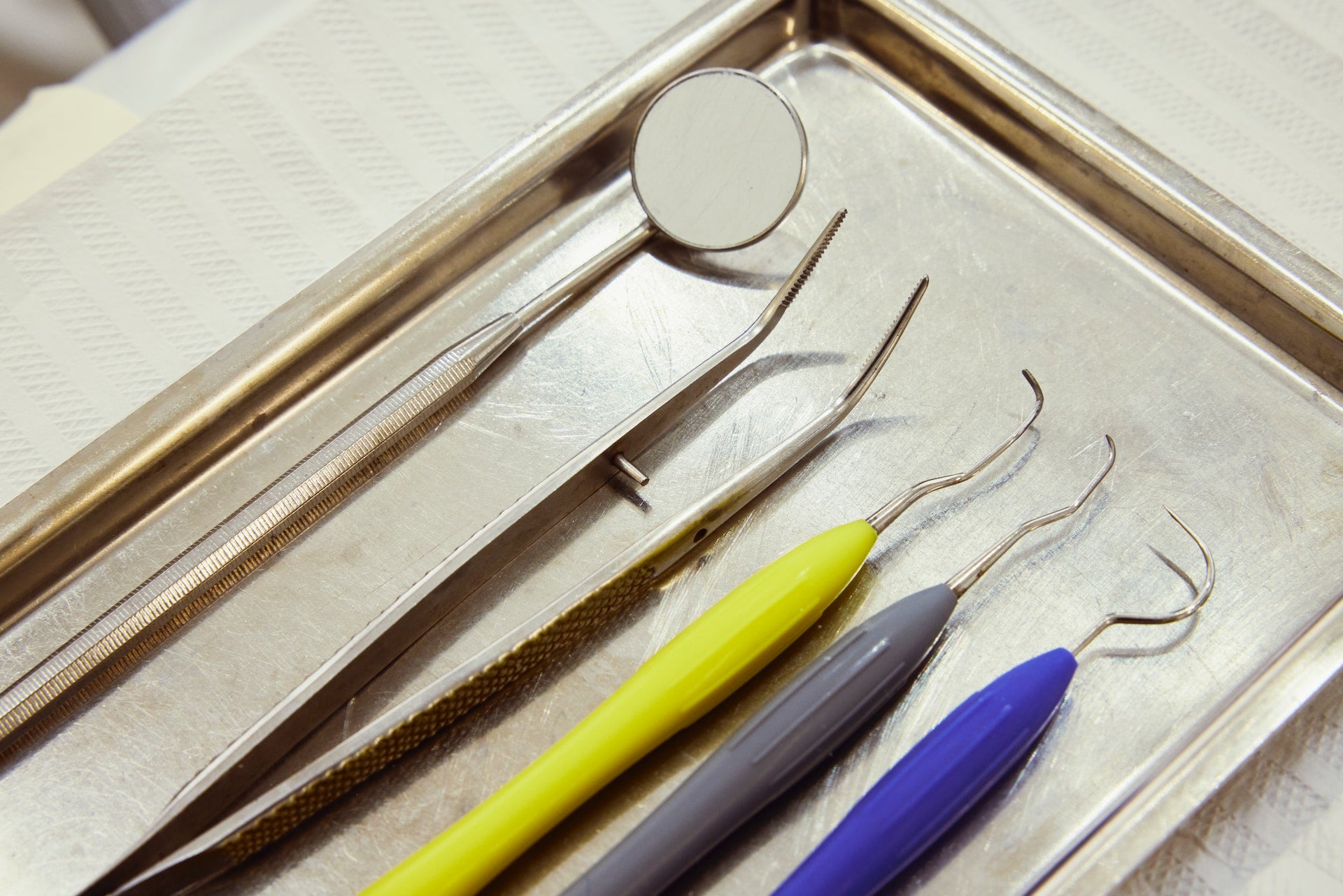

· By Trevor Horne
A 4-Step Guide on Cleaning and Sterilizing Surgical Instruments
Surgical instruments are essential tools used in the operating room to perform surgeries. These tools are designed to be durable and effective, with each instrument serving a specific purpose ranging from scalpels and scissors to forceps and retractors. Because they are used on people, surgical instruments must be kept clean and sterilized to ensure they function properly and prevent infections.
Surgical instruments require proper maintenance to function correctly and efficiently. They must be cleaned and sterilized regularly to prevent contamination and the spread of infections. If not done, there's a risk of transmitting bacteria and viruses from one patient to another, leading to severe complications and even death. Unfortunately, many hospitals and other medical facilities often fail at this, so we will guide you in this article. The steps are as follows:
Step 1: Preprocessing
The first step involves the treatment of transport gels. Transport gels protect surgical instruments during transportation to the sterilization facility, which can be contaminated with blood, tissue, and other biological matter.
Step 2: Manual Cleaning
Manual cleaning is the most critical step in maintaining surgical instruments. It involves pre-rinsing to remove transport gels and any leftover organic matter, then immersing surgical instruments in neutral or enzymatic detergent and hand-brushing.
Neutral detergent is a cleaning agent with a pH level of 7, which means it is neither acidic nor alkaline. It is ideal for cleaning surgical instruments as it does not damage the metal or other components of the instruments. In contrast, enzymatic detergents contain enzymes that break down organic matter, such as blood, tissue, and other bodily fluids. These detergents can remove stubborn organic debris stuck on the instruments. Once done, hand-brushing is necessary to remove stubborn debris that cannot come off with soaking or rinsing.
Step 3: Automated Washing
Automated washing is the next step in cleaning and sterilizing surgical instruments. This step is done using disinfectors or ultrasonic cleaning. Disinfectors use high temperatures and chemicals to disinfect the instruments, while ultrasonic cleaning machines use high-frequency sound waves to remove dirt and debris.
Depending on the instrument, different settings may be required for the automated washing process. For example, delicate instruments such as endoscopes may require a lower temperature and gentler cleaning cycle to prevent damage. On the other hand, heavy-duty instruments such as orthopedic drills may need a higher temperature and a more vigorous cleaning cycle to remove tough debris.
Step 4: Storage
After the automated washing process, the surgical instruments must be stored appropriately to maintain their cleanliness and sterility until the next surgical procedure is needed. Surgical instruments must be stored in a clean, dry, well-ventilated area and arranged for easy access and identification. Instruments should also be kept in their designated trays or containers to prevent damage and ensure they are easily identifiable.
Sterilizing Surgical Instruments
Sterilization is the process of removing all microorganisms from surgical instruments. It is necessary to prevent the spread of infection in the operating room. There are several methods of sterilizing surgical instruments, including:
- Autoclaving - This method uses steam to sterilize instruments. Instruments are placed in a chamber where steam is introduced, and the temperature is raised to a high level to kill all microorganisms.
- Chemical Sterilization - This method uses chemicals such as hydrogen peroxide, peracetic acid, and glutaraldehyde to sterilize instruments. The instruments are soaked in the chemical solution for a specific period.
- Radiation Sterilization - Ionizing radiation is used to sterilize instruments by damaging the DNA of microorganisms, making them unable to reproduce. This method is often used for single-use items that cannot be autoclaved or chemically sterilized.
Why Sterilizing and Cleaning Surgical Instruments Matter
Cleaning and sterilizing surgical instruments are essential for the following reasons:
1. Prolongs Instrument Lifespan
Surgical instruments are expensive, and proper maintenance can prolong their lifespan. Regular cleaning and sterilization prevent corrosion and rust formation, which can damage the instruments.
2. Decreases Turnaround Time
Proper cleaning and sterilization of surgical instruments decrease turnaround time. When instruments are cleaned and sterilized correctly, they can be reused almost immediately, saving time and money.
3. Reduces Chances of Cross-Contamination
Proper cleaning and sterilization of surgical instruments also reduce the chances of cross-contamination. Cross-contamination occurs when microorganisms are transferred from one surface or object to another, leading to infections. By ensuring that surgical instruments are properly cleaned and sterilized, healthcare professionals can minimize the risk of cross-contamination and protect patients from diseases.
4. Ensures Compliance with Regulations
Healthcare facilities are required by law to follow strict guidelines for the cleaning and sterilizing of surgical instruments. Failure to comply with these regulations can result in fines, legal action, and reputational damage.
Conclusion
Surgical instruments are vital for providing high-quality patient care in healthcare facilities. For this reason, regular cleaning and sterilization are crucial, especially if a patient with a between-life-and-death condition will undergo a lifesaving procedure. This way, healthcare facilities can continue to provide quality care without risks of infection, cross-contamination, or other disease.
If you’re looking for medical equipment suppliers, ProNorth Medical is for you! We supply hospitals and other medical facilities with the essentials, including capital equipment, surgical instruments, and other accessories, for maximum efficiency. Call us today at 833-776-0172 to place an order!
- Choosing a selection results in a full page refresh.
- Press the space key then arrow keys to make a selection.
Your cart -
Your cart is currently empty.
